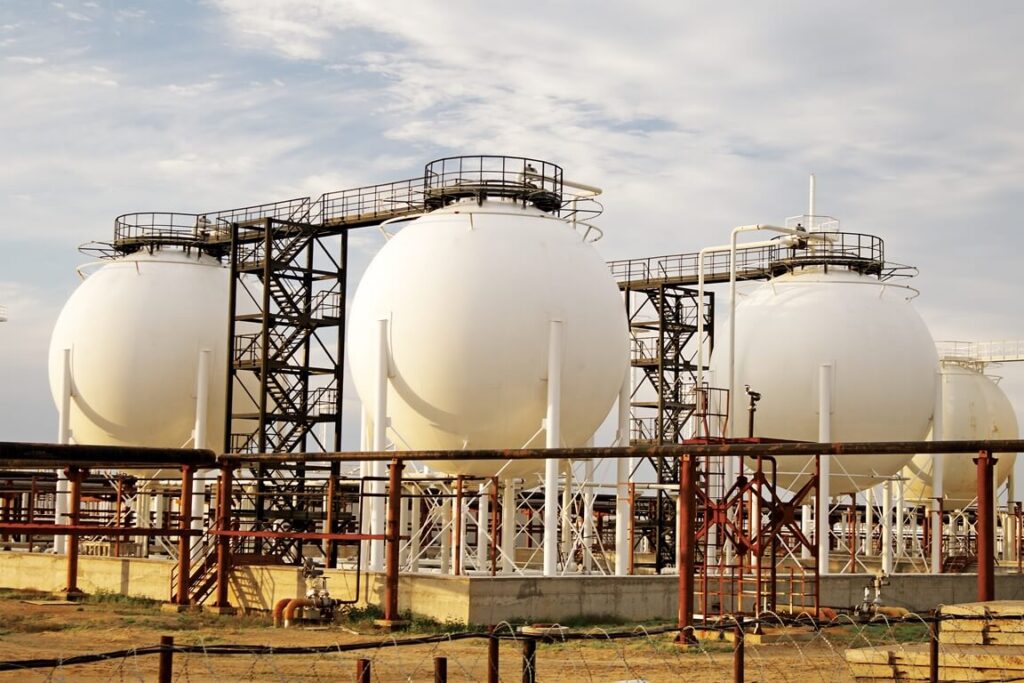We need to ensure that more cars, homes and factories are powered by our natural gas other than imported petroleum products by taking action that leads us in that direction because it represents the future.
As lawmakers continue to debate the 2024/25 budget tabled by Tanzania’s Finance Minister, Dr Mwigulu Nchemba last week, one item that deserves more scrutiny is imposition of levy on natural gas.
There are a number of controversial tax proposals made by Dr Nchemba including taxing sanitary towels used by women as activists go out to mobilised resources to ensure that every girl child experiencing monthly periods has access to pads.

With over 53 trillion cubic metres of proven gas reserves along the Indian Ocean coastline, our country is currently making subtle use of the valuable resource thanks to, among other things, the pro-petroleum products importation lobby.
According to Energy and Water Utilities Regulatory Authority, our annual budget for importation of petroleum products has peaked over U$ 3 billion or an equivalent of over 7.5trn/-. The industry has attracted the bulk of private investment and employs millions both directly and indirectly.
It is therefore clear that its not an easy feat to wean our domestic motorists from using petroleum products. But as the world moves towards away from petroleum use as major means of powering our engines, the fact that we have abundant natural gas which has not been put to maximum use, partly due to costly infrastructure, needs government action.
Instead of imposing a 340/- tax on a litre of natural gas, Treasury had better considered lowering tax charged on imported equipment for the conversion of motor vehicles which use diesel and petrol to migrate to natural gas. Its an irony that our country which currently uses less than 5% of its natural gas as a source of energy but also charcoal and firewood for domestic use, has Treasury ignoring improvement on such an energy arrangement.
The government which has verbally promised to ensure that migration from over-dependnce on petroleum imports as the main source of energy to power the economy to natural gas, seems to renege on such a promise if Dr Nchemba budget proposals tabled last week is anything to go by.
Strictly saying, its unthinkable that we want to continue using the bulk of petroleum products as our main source of energy to power the economy. Although it is true that Treasury still derives much of its taxes from imports led by petroleum, the future of such an arrangement remains bleak hence the need to start taking action to that effect.
On this aspect, I believe Dr Nchemba’s budget needs thorough scrutinization by lawmakers to ensure that the proposed tax on natural gas is immediately dropped. Instead, legislators should pressure the executive to waive import duty imposed on equipment needed to change petroleum powered motor vehicles so that many cars should migrate to natural gas.
Apart from its economic importance to the country as a readily available resource which will save the government from using hard currency to import petroleum products which include diesel, petrol and liquefied petroleum gas, natural gas is also touted by experts as being less pollutive to the environment.
Liquefied natural gas use therefore aligns well with President Samia Suluhu Hassan’s ambition to wean the country from fossil fuels to clean energy use. It is therefore important that Treasury should confer with the Ministry of Energy and the vice president’s office to ensure that nuisance taxes are not charged on natural gas as well as equipment imported to facilitate the country’s migration from overdependence on petroleum imports to natural gas use.
We need to ensure that more cars, homes and factories are powered by our natural gas other than imported petroleum products by taking action that leads us in that direction because it represents the future. Rigidity by stakeholders or Treasury to migrate to clean energy sources against petroleum imports for whatever reason, will last only briefly because the whole world is moving towards clean energy.
If we fail to do so, days are coming when Africa and indeed Tanzania will replace the United States and China in top positions contributing more carbon dioxide globally and thus earn ourselves the title of biggest polluters of the environment. We definitely need to avoid such a shameful title which the big global polluters are busy taking measures to drop.
